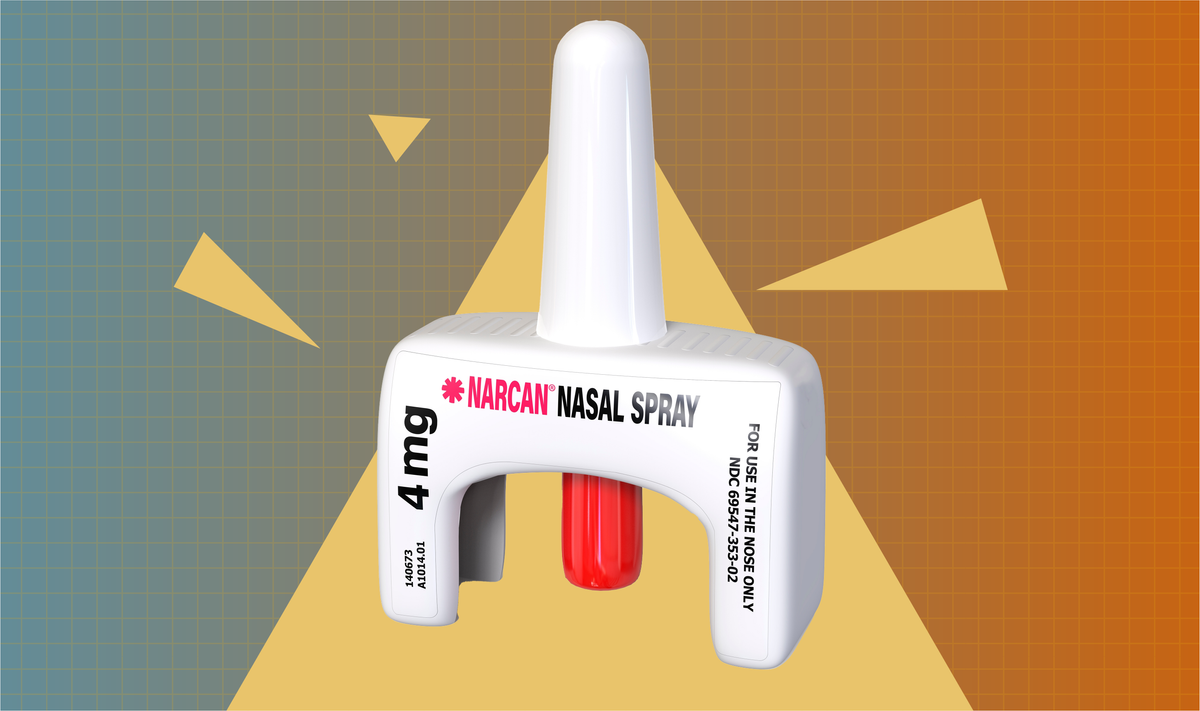Video sparks conversation about preventing overdose deaths
Other posts responded to the proposed HALT Fentanyl Act, highlighting the dangers of fentanyl.

Other posts responded to the proposed HALT Fentanyl Act, highlighting the dangers of fentanyl.
This past week, a video of someone appearing to give milk to a person overdosing sparked conversation about preventing overdose deaths, with many comments explaining how Narcan saves lives. Other discussions focused on the Halt All Lethal Trafficking of Fentanyl Act, which aims to stop the illegal sale of fentanyl, and highlighted the dangers of prescription opioids.
In response, communicators may outline the signs of an opioid overdose, share information about Narcan, and explain the risk factors for opioid use disorder.

Insights brought to you by the reporters and science writers of Public Good News (PGN), a nonprofit newsroom dedicated to improving community health.
What’s trending nationally in conversations about substance use
On February 8, a Reddit user posted a video with a caption that read, “dude has saved his life.” While the original post has been deleted, comments suggest that the video showed a person pouring milk into the mouth of someone who was overdosing, receiving 11,000 upvotes and 1,000 comments as of February 11. Some commenters expressed stigmatizing attitudes toward people who use drugs, while others highlighted the importance of carrying Narcan. One comment read, “As a nurse PLEASE stop pouring milk in unconscious people’s mouths!!!! We had a young girl in the ICU because her mom poured milk in her mouth while she was unconscious and caused her to aspirate. Just call 911, or give Narcan if available.” The comment received approximately 1,100 upvotes.
On February 6, the House passed the HALT Fentanyl Act, which, if enacted, would permanently classify street versions of fentanyl as Schedule I substances and enact harsher penalties for people who transport or sell them. An X post from a Louisiana senator expressed support for the legislation, stating, “Louisianians know the carnage of fentanyl all too well. The HALT Fentanyl Act would save lives by empowering law enforcement to seek justice against dealers who work with cartels to poison our people.” His post received approximately 33,000 views, 1,700 likes, 300 reposts, and 100 comments as of February 12, with some comments thanking the senator for “protecting our families.” In response to a Reddit post about the act, some comments expressed concern that it would not stop people from developing OUD and overdosing on prescription opioids.

Recommendations brought to you by the health communication experts behind Infodemiology.com.
Recommendations for public health professionals
Each week, the Infodemiology.com team will provide messaging recommendations in response to some of the trending narratives outlined above. These helpful tips can be used when creating content, updating web and FAQ pages, and developing strategy for messaging about opioids.
Confusion about what to do when someone is overdosing shows a need for ongoing education. Messaging may outline the signs of an opioid overdose and explain that Narcan—a brand name of naloxone—is a medication that can reverse an opioid overdose. Narcan is available for free through many harm reduction programs, or it can be purchased without a prescription at pharmacies, grocery and convenience stores, and other retailers. Community members can learn how to use it from the American Medical Association or sign up for a free online training.
Bystanders witnessing a possible overdose should not force any liquids into the person’s mouth. Instead, dial 911, administer Narcan, check for breathing, perform CPR if trained in it or if instructed by a 911 operator, and stay with the person until first responders arrive. If overdose symptoms do not resolve, give additional doses of naloxone every two to three minutes until the person begins to breathe normally or until help arrives. While Narcan is only effective against opioid overdoses, it’s still safe to administer Narcan even if the person isn’t overdosing or isn’t overdosing on opioids.
Concerns about prescription opioids leading to OUD are persistent. Messaging may explain that substance use disorder is a chronic health condition that can happen to anyone and that anyone can overdose on opioids, including those prescribed by a doctor. However, some people face higher risk of developing OUD and overdosing, such as people who have a history of substance use disorder or health conditions like sleep apnea, people who use other substances in addition to opioids, and older adults. Patients who need pain management should talk to their health care provider about their medical history and other medications they take to determine the best options for them.
